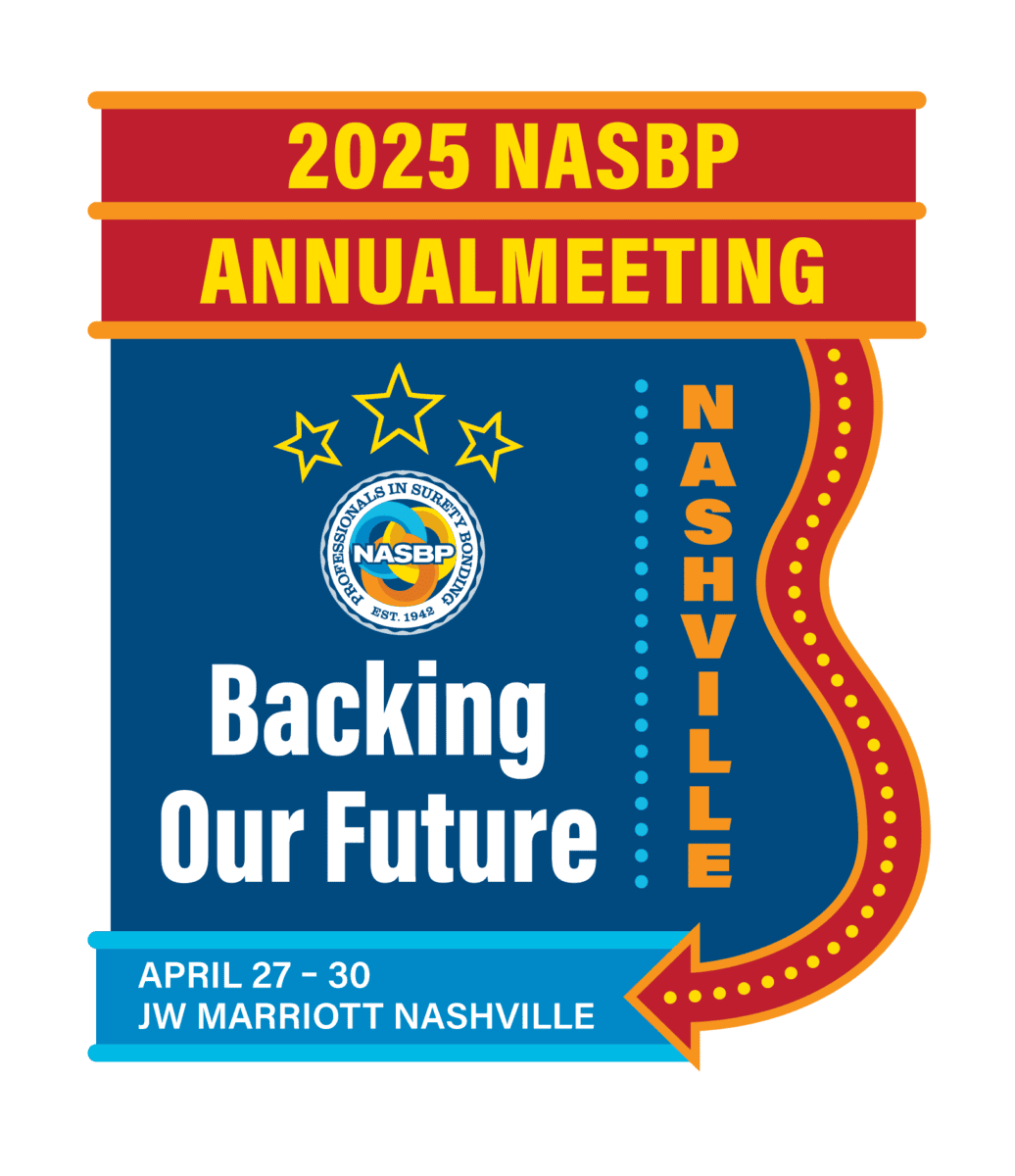September 2004
“To Secure Ourselves Against Defeat Lies In Our Own Hands”
The Producer’s Responsibility To The Bond Obligee: Where Is The Line? One of the roles most commonly undertaken by bond producers involves helping businesses find a surety that will write bonds for them. The contractor’s past financial problems or the fact that the contractor may never have had surety credit sometimes complicate these efforts. This situation can give rise to potential legal problems for the producer. Such a situation arose in a case recently decided by the New Jersey Court of Appeals in Highlands Ins. Co. v. Hobbs Group, LLC, 373 F.3d 347 (3rd Cir. 2004). In that case, the insurer (“Highland”) of a limousine service found itself responsible for $3,000,000 in claims. When Highlands put its policy in place, it did so under an agreement with the insured limousine service that the coverage would be subject to a $2,500,000 deductible. The insured had also agreed to purchase a surety bond to guaranty payment of the deductible. At the time the policy was issued, Highlands believed, based on information it had been given, that the surety bond was in place. In fact, the premium on the bond had never been paid, and the bond had not been issued. Highlands sued both the insurance producer and the bond producer, who were associated with different firms, in an effort to recover the $2,500,000 deductible that would have been paid by a surety had a bond been in place. Highlands alleged that the insurance producer and the bond producer were negligent in failing to make sure that the bond was in place. The court held that the insurance producer could be sued by Highlands under these circumstances, but held that the surety producer could not. In explaining its decision, the court pointed to certain facts that provide both insurance and surety producers with guidance as to when there may be legal exposure when a bond or insurance policy doesn’t get issued. The court pointed out that the insurance producer had knowledge that the effort to get the bond was not going well. The court also looked critically at the fact that this producer was in constant contact with Highlands during the negotiation of this deal and had plenty of opportunities to inform Highlands that the bond was in not in place. Relying on these facts, the court held that a jury could find that the insurance producer was negligent in its dealings with Highlands. When the court analyzed Highland’s claims against the surety producer, it found that the surety producer had no dealings directly with Highland. Instead, the surety producer’s line of communication ran only between the surety and the insurance producer. There was no evidence cited by the court that the surety producer even knew of Highland’s mistaken belief that the bond was in place. The court concluded that, absent the surety producer’s specific knowledge that Highland was at risk of being harmed, the surety producer could not be liable to Highland. The court’s decision really implements a “smell test” for producers. If producers know that a bond is not in place and know that another party believes it is, not disclosing that information may lead to an ugly lawsuit. Conversely, the court reasonably recognized that a surety producer does not have to police every bond transaction and make sure that everybody involved in the transaction knows and understands what is going on. The decision gives rise to a difficult problem, however, in circumstances in which the same firm is writing the insurance and bonds for a business. Different producers are often responsible for insurance and bonds. The law generally implies that members of the same firm are presumed to know what others in the firm know. There is a risk that problems could occur if the insurance producer doesn’t know what’s going on with the surety producer’s efforts to line up the surety bonds. The only way to avoid this problem is with communication among all of those within a firm working with a client to provide insurance and bonds. NASBP’s General Counsel is Susan McGreevy of Husch & Eppenberger LC, Kansas City, MO.
NASBP Presents Award to Rep. DeGette, Discusses SBA Concerns On Thursday, September 2, 2004, Sarah Finn of NASBP member company IMA, Inc. and Bud Withrow of NASBP member company CoWest Insurance Associates, LLC, met with United States Representative Diana DeGette and presented her with the 2004 NASBP Federal Policymaker of the Year Award. Ms. DeGette was a member of Colorado’s House of Representatives when she was responsible for defeating legislation that would have waived bonds for the Coors Field construction project. During the meeting they were able to discuss Ms. DeGette’s opposition to the waiver of Miller Act bonds for certain 8(a) contractors, which is contained in HR 2802, and a temporary extension to the Small Business Administration (SBA) and its programs that would reinstate the SBA’s Plan B or Preferred Surety Bond Program. Ms. DeGette has described herself as, “One of the few people on the Hill who knows anything about surety bonds.”
SIO Offers New Contractor CD
|
Get Important Surety Industry News & Info
Keep up with the latest industry news and NASBP programs, events, and activities by subscribing to NASBP Smartbrief.




